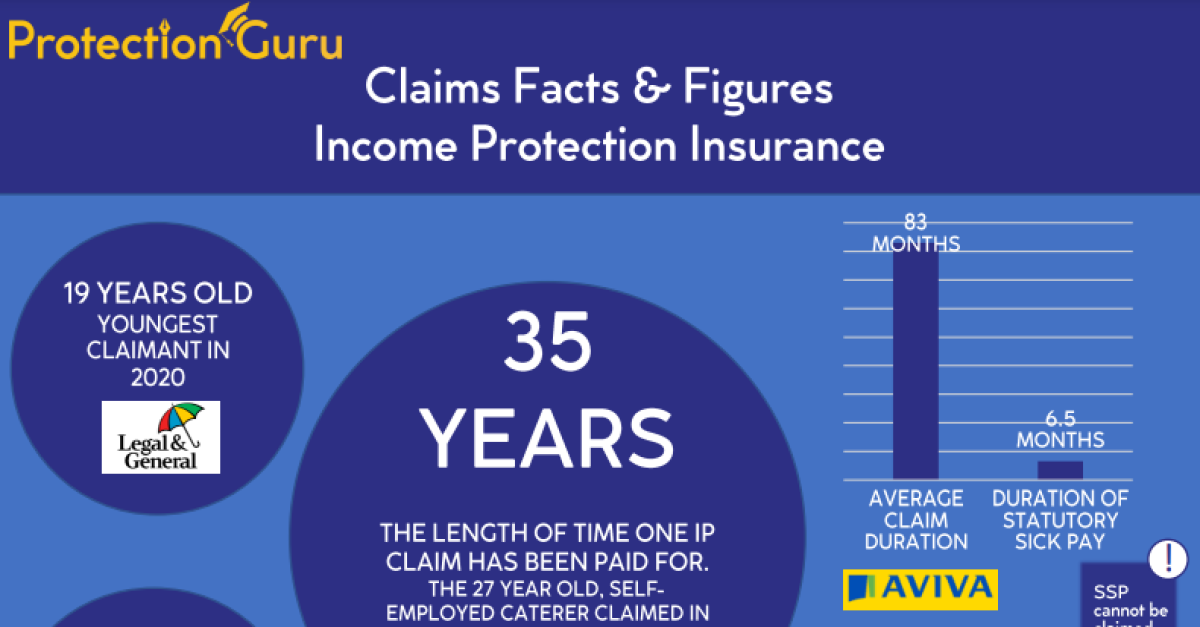
Objection handling masterclass – Everything you need to know.

In this arcticle, we take a look back at some of the key objection handling techniques for life, critical illness and income protection. Not being able to respond appropriately to client objections can lead to them walking away from the protection conversation without understanding the importance of covering themselves and their families. These techniques can assist advisers in overcoming objections, resulting in more families being protected.
WHAT TO DO WHEN CLIENTS SAY ‘NO’ TO LIFE COVER
Life cover is often seen as easier for advisers to sell than income protection and critical illness cover. As it is relatively simple, people get it – if they die during the policy term, life cover ‘does what it says on the tin’ in providing a payout to loved ones. Premiums are also cheaper than other types of protection products, making it more affordable to people on tighter budgets. However, this does not mean everyone who needs life cover has it or wants it. Advisers may come across clients who just don’t want to know about it for all sorts of reasons. They may think it’s unnecessary because they are young and healthy. So, how do advisers get resistant clients to see the bigger picture?
HOW TO HANDLE CLIENT OBJECTIONS TO CRITICAL ILLNESS COVER
We’re all passionate about the things we believe in, and protection advisers are a prime example of this. To a protection adviser, the value of critical illness (CI) cover is so obvious they will want all clients who need it to benefit from it. Unfortunately, not all clients will share their adviser’s enthusiasm for CI cover – at least initially. Advisers who broach the topic of a potential need for CI cover may hear all the usual objections, from policies being too expensive and insurers unlikely to pay out, to clients thinking they don’t need it because they are too young, don’t have a mortgage and so forth. So, how can advisers get past these obstacles to ensure clients get the cover they need?
TURNING CLIENT OBJECTIONS TO INCOME PROTECTION AROUND
Being unable to work due to an illness or accident could have all sorts of financial implications – from missing mortgage repayments, to being unable to save for retirement. This is why protection advisers see income protection (IP) as the policy clients arguably need the most. According to the Association of British Insurers (ABI), sales of new individual IP policies hit 247,000 last year – a 16% increase on 2022 and the highest since the ABI started collecting this data in 2000. However, advisers will still come across clients who say they don’t want or need IP. How should they handle these objections?




















